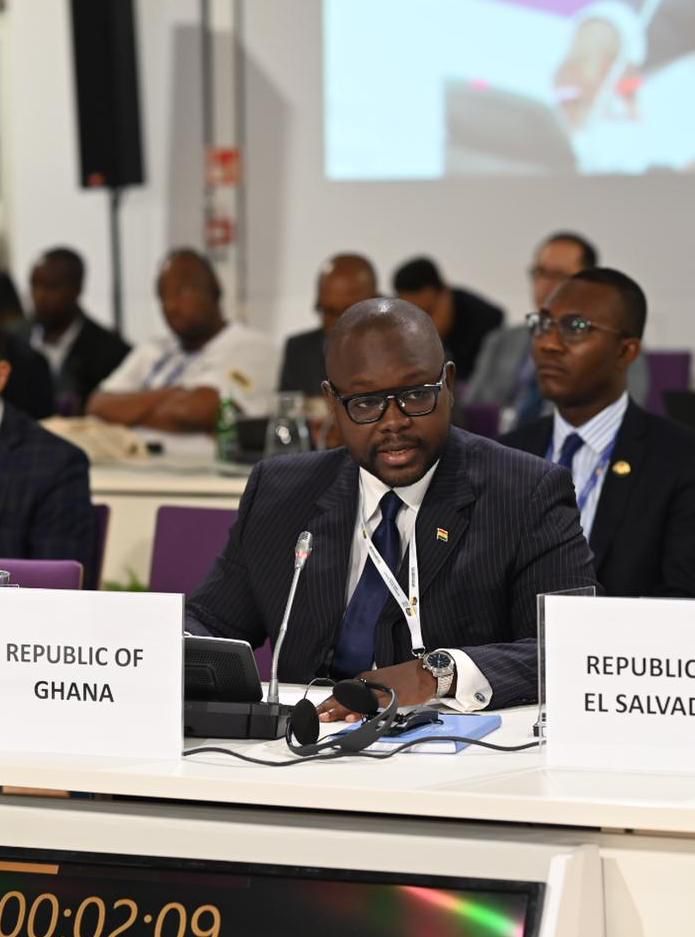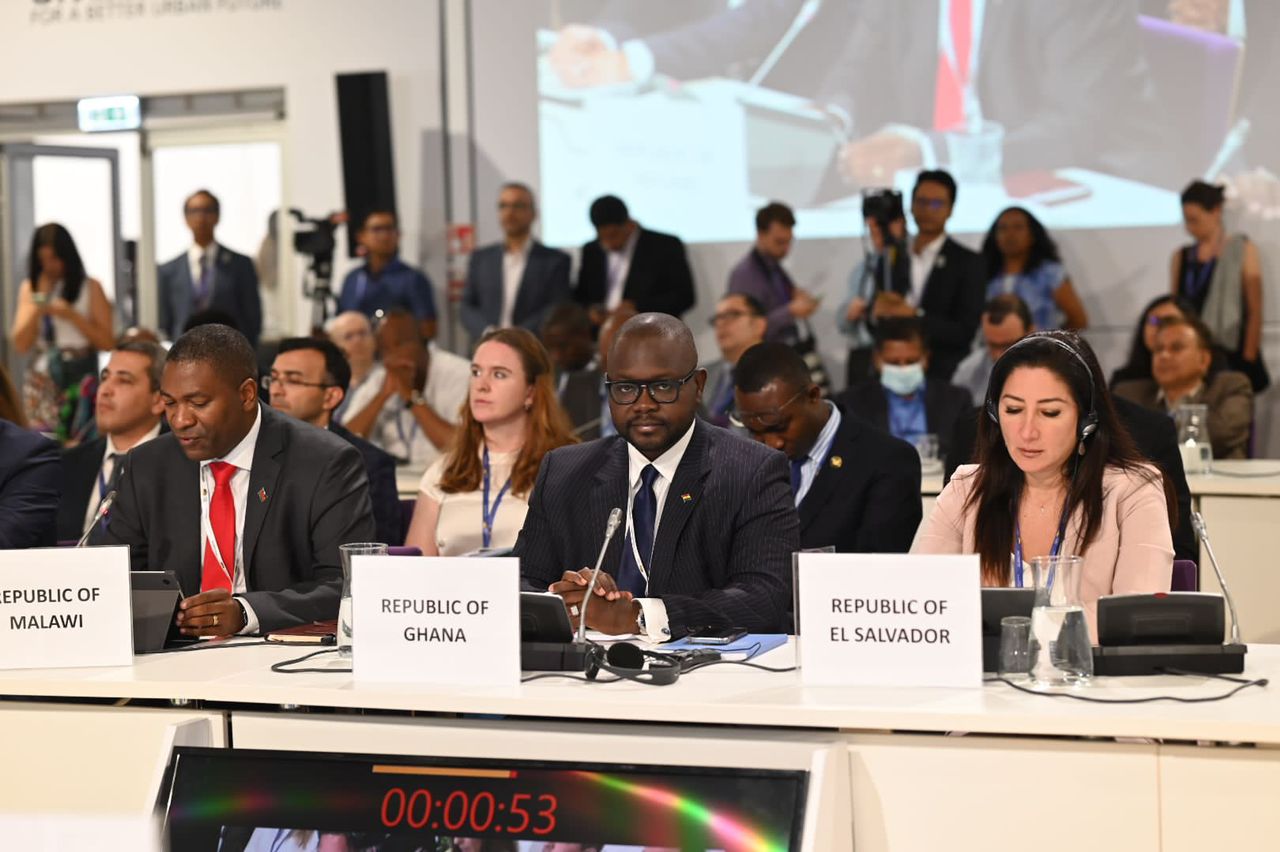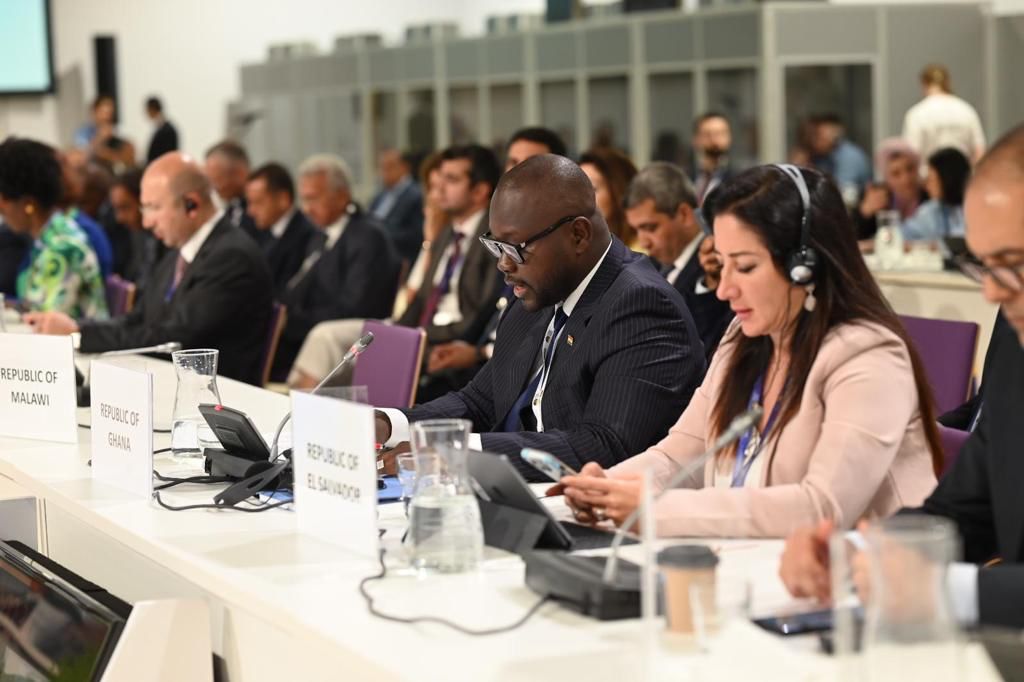[ads3]
Ghana’s Minister for Works and Housing, Francis Asenso-Boakye has indicated the progress made by the country as part of efforts to harness the urbanization process towards the sustainable development of the country.
The sector Minister disclosed that Ghana is among the countries that has so far shown great commitment in its quest to implement the United Nation’s New Urban Agenda, having submitted its progress of implementation as required under the Quito Agreement.
The New Urban Agenda, which was adopted at the United Nations Conference on Housing and Sustainable Urban Development (Habitat III) in Quito, Ecuador is a roadmap for building cities that can serve as engines of prosperity and centres of cultural and social well-being while protecting the environment.
The Agenda also provides guidance for achieving the Sustainable Development Goals and provides the underpinning for actions to address climate change.

Delivering his statement during the Ministerial Roundtable at the World Urban Forum (WUF 11) in Katowice, Poland, the sector Minister recounted the strides Ghana has made through the development of various national regulatory frameworks to guide cities and human settlements towards the attainment of sustainable urban future.
This, Asenso-Boakye noted, is well integrated into the country’s national policy formulation, planning, budgeting and monitoring systems.

With the need to empower local and sub-national authorities towards the future sustainable urbanization drive, the sector Minister said the country has successfully deepened its regional and decentralization systems over the period while maintaining a dedicated Common Fund to support Local Governments.
“Ghana has commenced a District Housing Scheme that seeks to provide funding for rental housing, at the district level through our national budget”.

The Works and Housing Minister added.
Acknowledging the importance of finance in urban and housing development, Asenso-Boakye said Ghana has successfully implemented strategic and robust programmes within the works and housing, water and sanitation, and transportation sectors of the economy to leverage on sustainable solutions to future urban challenges.
Despite the inherent challenges towards the sustainable future urbanization, Asenso Boakye expressed the hope that the opportunities that comes with the drive could be leveraged to accelerate the achievement of the country’s collective goals and aspirations.
[ads5]

